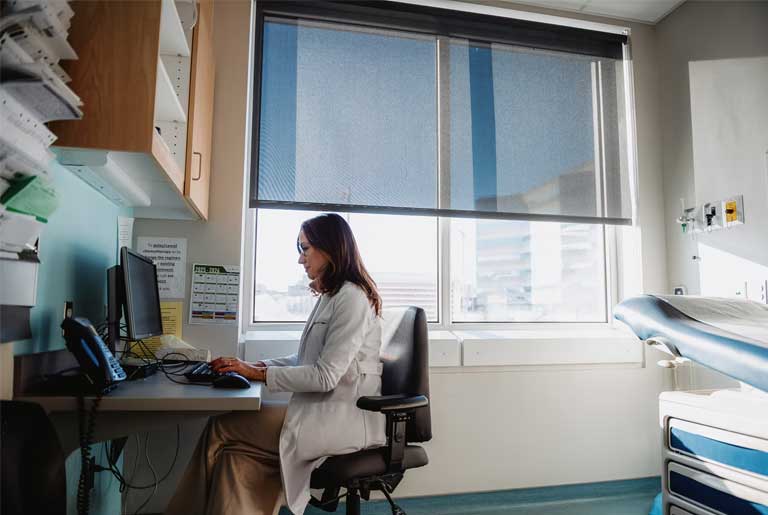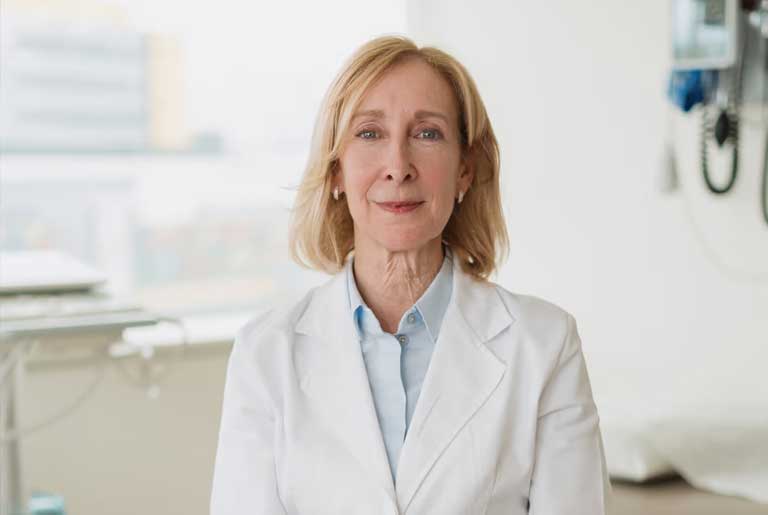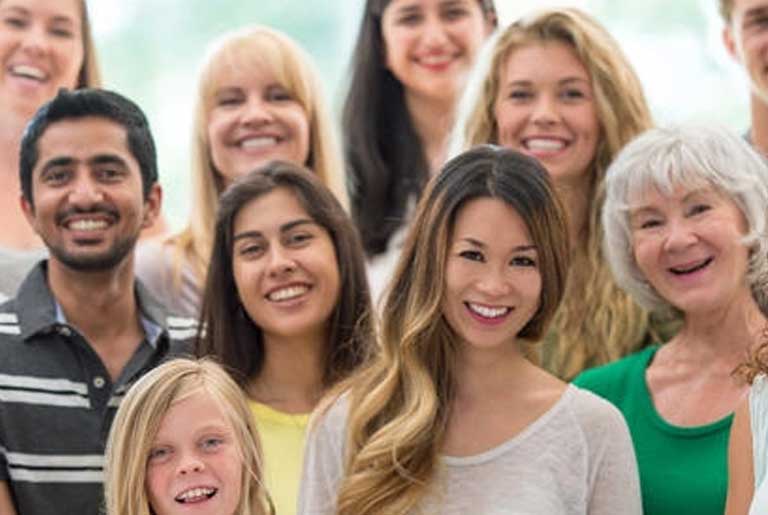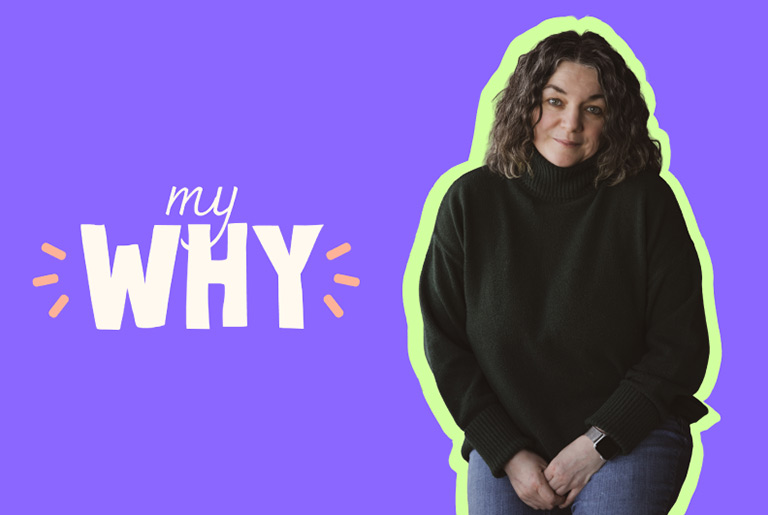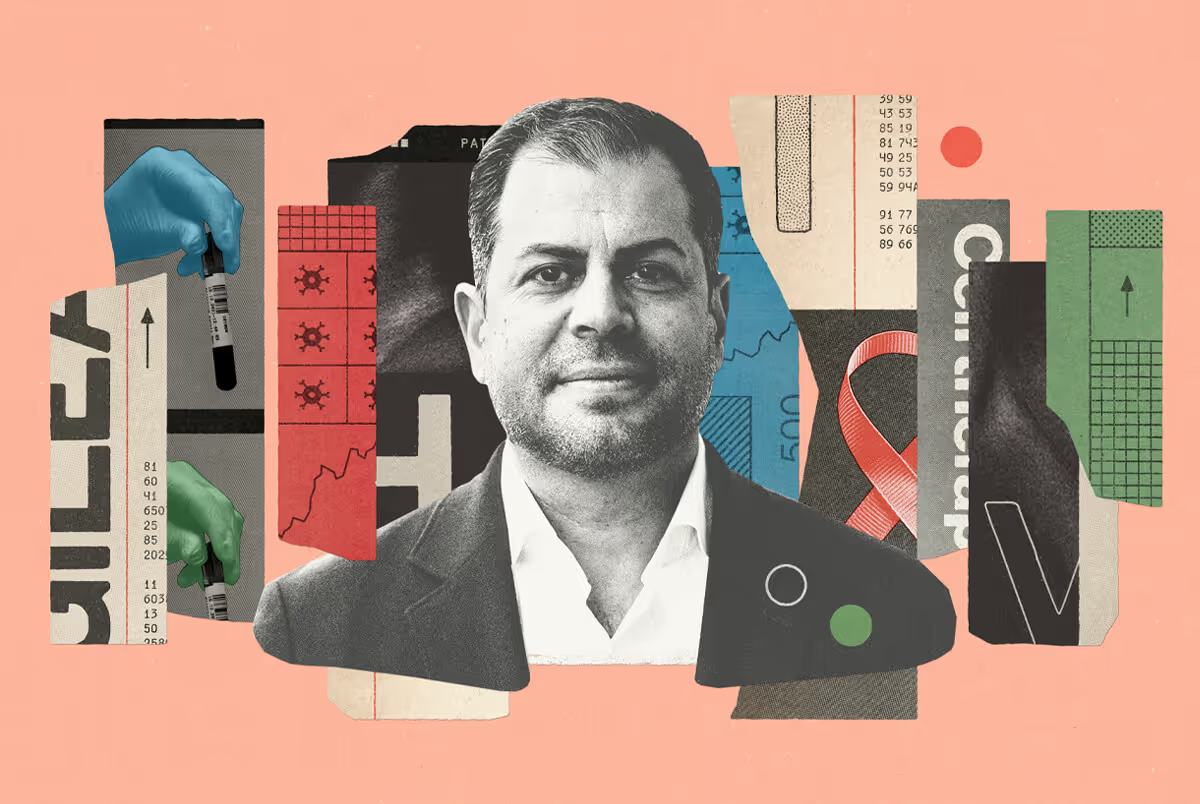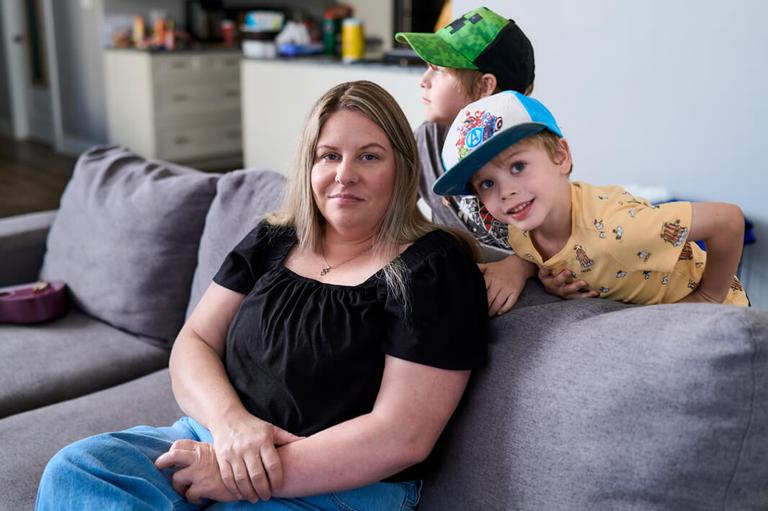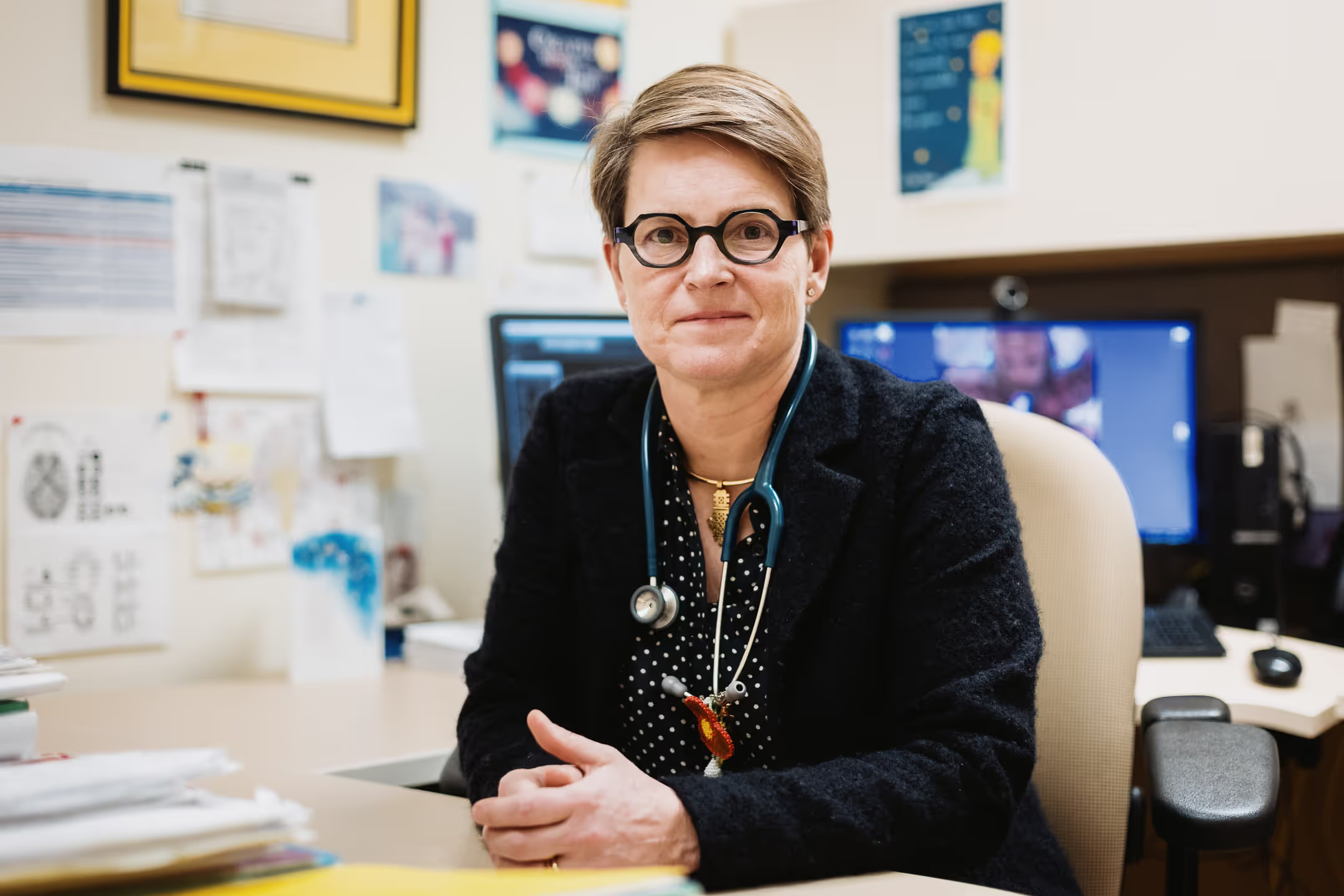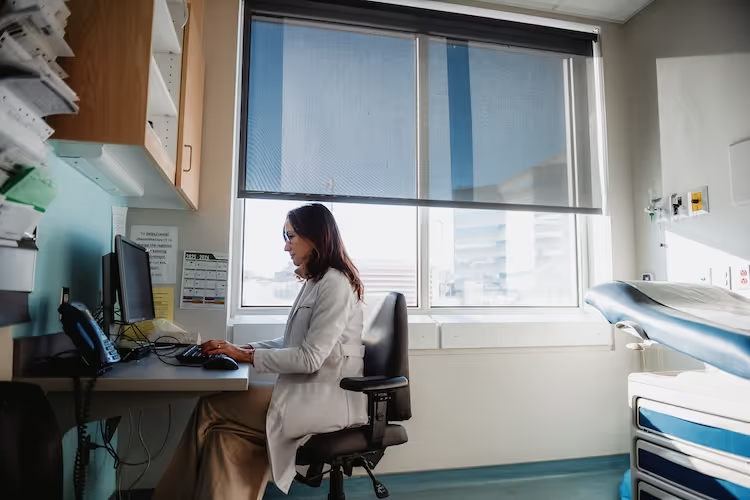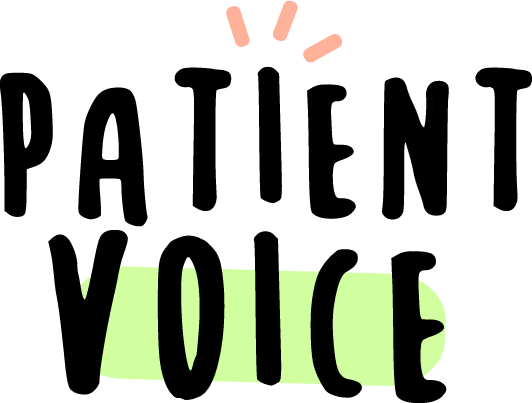“I was 12 years old when my grandmother passed away and I hated her. I just thought of her as a mean old lady who never smiled or spoke to me. I hated the way that thinking about her and talking about her took up so much of my family’s time and energy. Every time my parents fought, I blamed my grandmother.
So, when I learned that I was gene-positive for Huntington’s myself, my immediate thought was that I was going to turn into my grandmother – irritable, moody and irrational. ‘Everybody’s going to hate me,’ I thought. ‘Nobody’s going to love me. My husband is going to divorce me. My friends are going to want nothing to do with me. I’m going to end up alone and unloved for the rest of my life.’
It was pretty heavy.
“I couldn’t even think about Huntington’s without crying. I didn’t want to talk to anyone about it. It was my shameful secret.”
Of course, those things didn’t happen. I did spend about 10 years terrified of my diagnosis, though. I couldn’t even think about Huntington’s without crying. I didn’t want to talk to anyone about it. It was my shameful secret. It wasn’t until I dragged myself to the decision to stop hiding it — to start speaking up about it — that I found freedom and happiness again.
In the end, I decided to write a book about my experiences because what I had gone through had changed the way I viewed the world, and that felt too important to forget. Getting it down on the page was a way for me to process and make real the ways my world had changed, but it was also a way for me to help others in the community who might be grappling with secrecy and fear. The book is a time capsule, too — a way for people in the future, especially my daughter, to know what I was like at this time, whatever I may be like later.
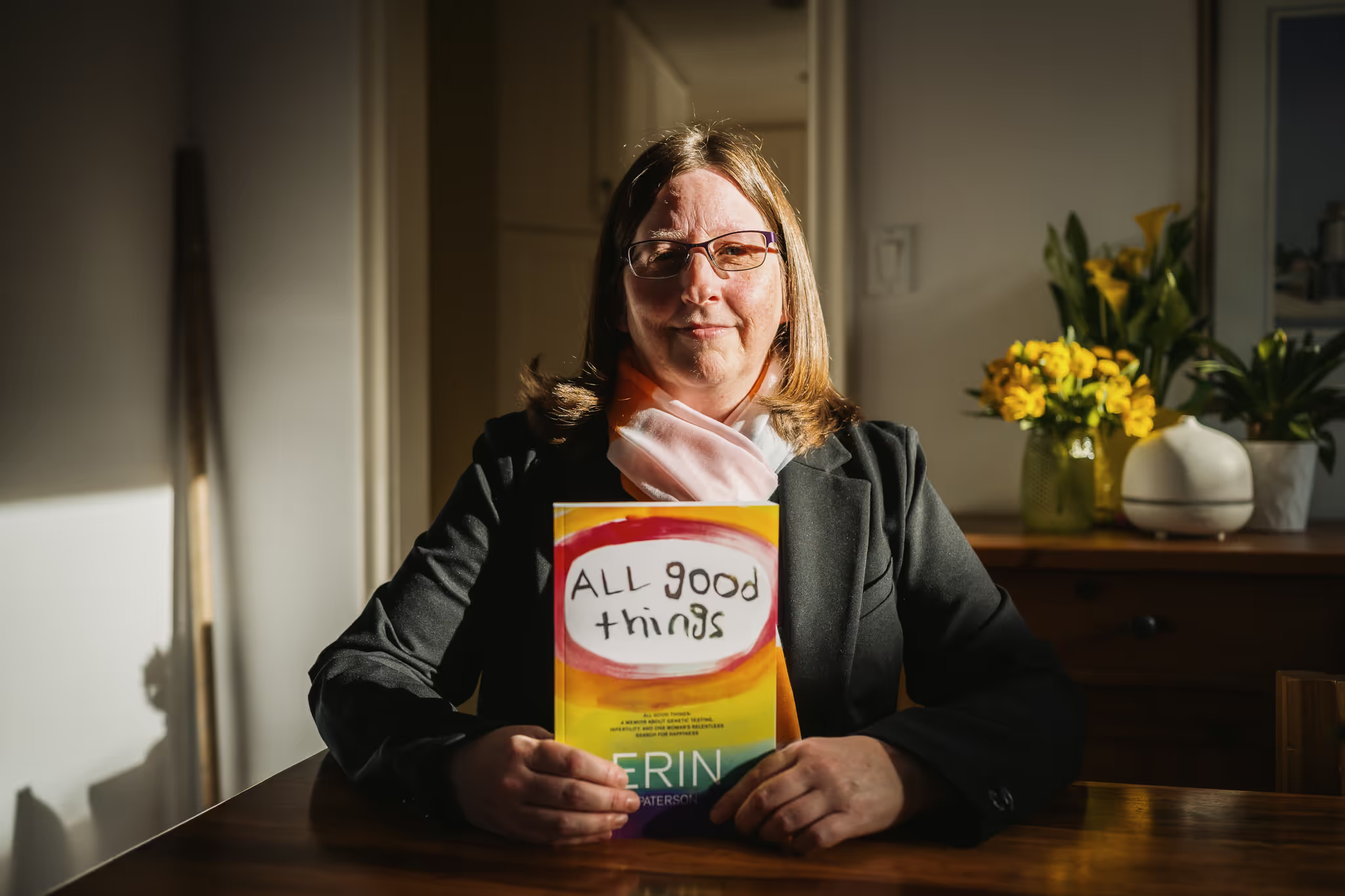
Through this book, I've met so many wonderful people who are doing amazing things with their lives. I’ve seen the love and support and appreciation that can exist in families with Huntington's. I've seen a different vision of how life with this disease can be. It doesn’t have to be like it was with my grandmother. That gives me a lot of hope.”
